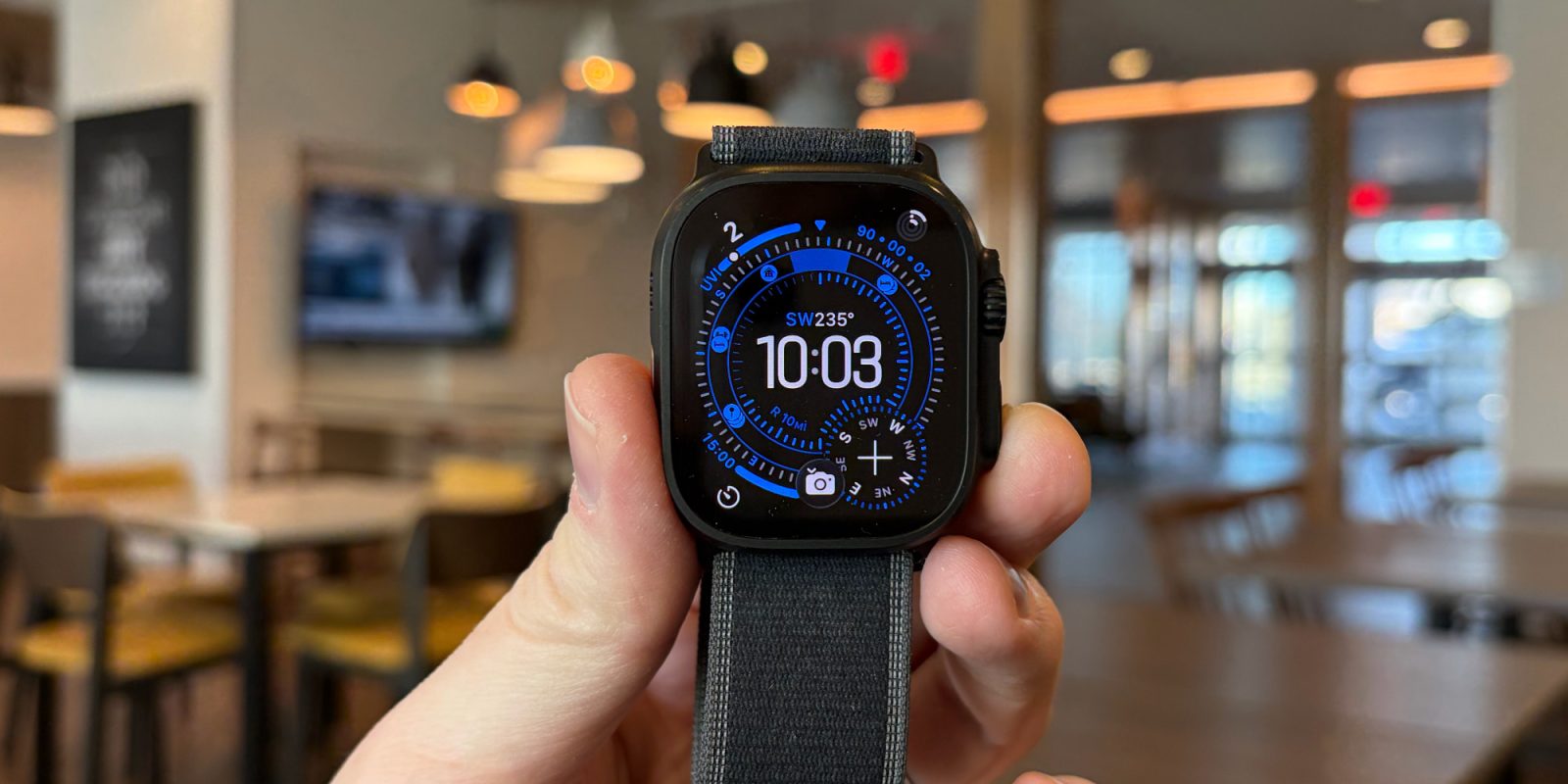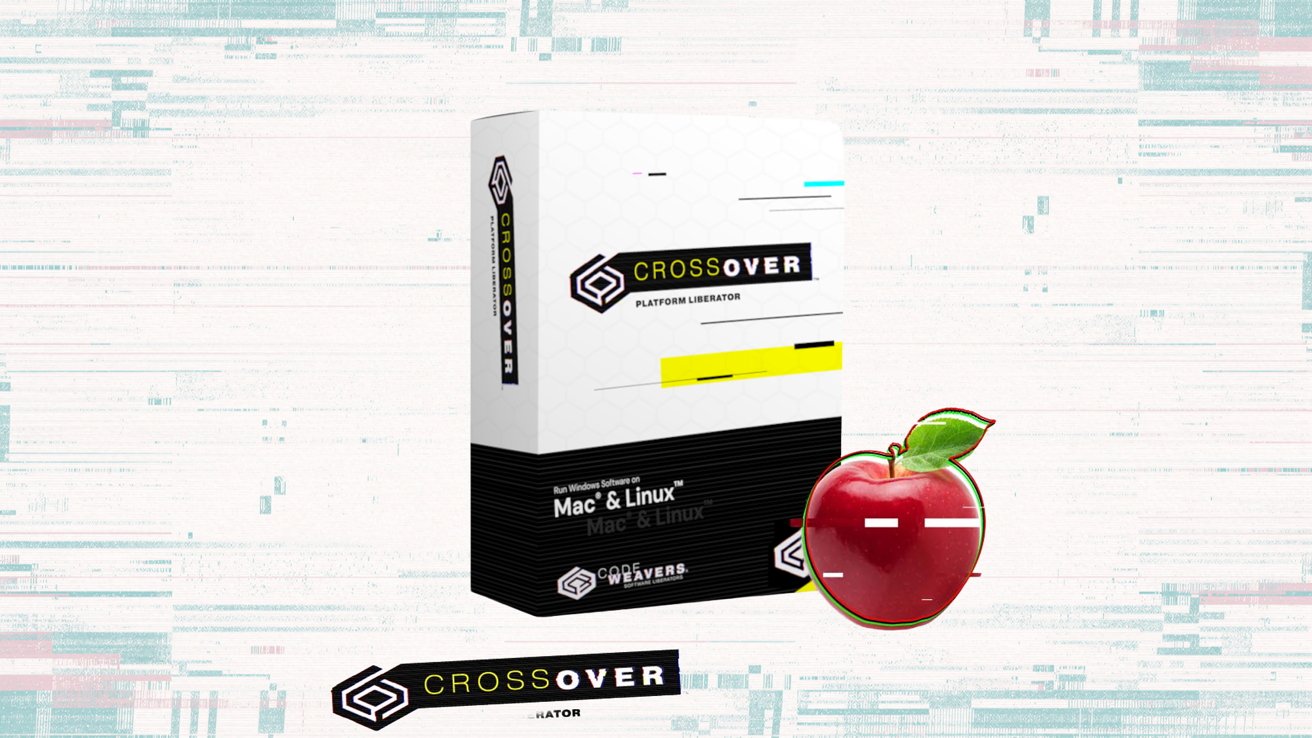Apple’s iPhone production faces potential disruption following a preliminary ruling by the U.S. International Trade Commission (ITC) against BOE Technology Group Co., a key supplier of OLED displays for iPhones. The ITC found that BOE and seven of its affiliates misappropriated trade secrets from Samsung Display, violating Section 337 of the Tariff Act. If the ruling is upheld, the U.S. could ban imports of BOE’s OLED panels and mandate the removal of existing inventory from the market.
BOE’s Role in Apple’s Supply Chain
BOE currently supplies approximately 20% of OLED panels for Apple’s iPhone 16 lineup. The Chinese company has significantly increased its production capacity, aiming to manufacture up to 100 million panels annually, and has established a dedicated facility in Sichuan province exclusively for Apple. A ban on BOE’s products would disrupt Apple’s sourcing strategy and could lead to delays in its production pipeline.
Legal Proceedings and Potential Outcomes
The ITC’s proposed remedies include a limited exclusion order and a cease-and-desist directive, which would block further imports and sales of BOE’s OLED products in the U.S. The ruling is not yet final; the commission is expected to issue its determination in November, followed by a 60-day presidential review period. Historically, preliminary rulings of this nature are seldom overturned.
In response to the ruling, Apple stated that it is not a party to the case and that the order does not impact any current Apple products. However, the legal implications could prompt Apple to reassess its future supplier strategy. If BOE is excluded from the supply chain, Samsung and LG Display are the most likely candidates to fulfill the resulting demand.
Broader Legal Context
This trade secret ruling is part of a larger legal conflict between BOE and Samsung. The two companies are currently involved in six active cases, including five patent disputes and the trade secret claim at the ITC. In May and July, BOE filed separate lawsuits in the U.S. District Court for the Eastern District of Texas, accusing Samsung of infringing on OLED-related patents. BOE is seeking triple damages and a U.S. import ban on several Samsung Galaxy models, including the Fold5, Fold6, and S25 Ultra.
Strategic Implications
Industry estimates suggest that BOE supplies about one-fifth of OLED displays for the iPhone 16. A disruption of this magnitude could delay Apple’s product timelines and have ripple effects across the global OLED supply market. The legal risks alone may be sufficient for Apple to reconsider its reliance on BOE, even before any formal ban is enacted.
BOE has announced plans to challenge the ITC’s preliminary decision and has reaffirmed its commitment to the global display industry. The company may redirect unused OLED capacity to domestic markets, potentially triggering intense price competition. This shift could also accelerate BOE’s push into the premium LTPO OLED segment, increasing long-term pressure on Korean rivals.
The ITC’s investigative team confirmed that BOE had misused 15 of 16 key trade secrets identified in Samsung’s 2023 complaint. Investigators recommended remedial action, including import restrictions, shortly thereafter. If the ruling stands, BOE will lose its years-long effort to secure a role in Apple’s supply chain, and Apple will need to act swiftly to protect iPhone production before 2026.



